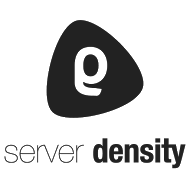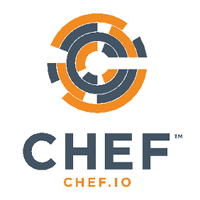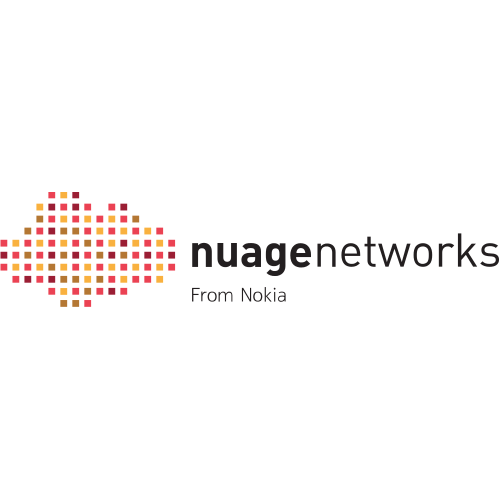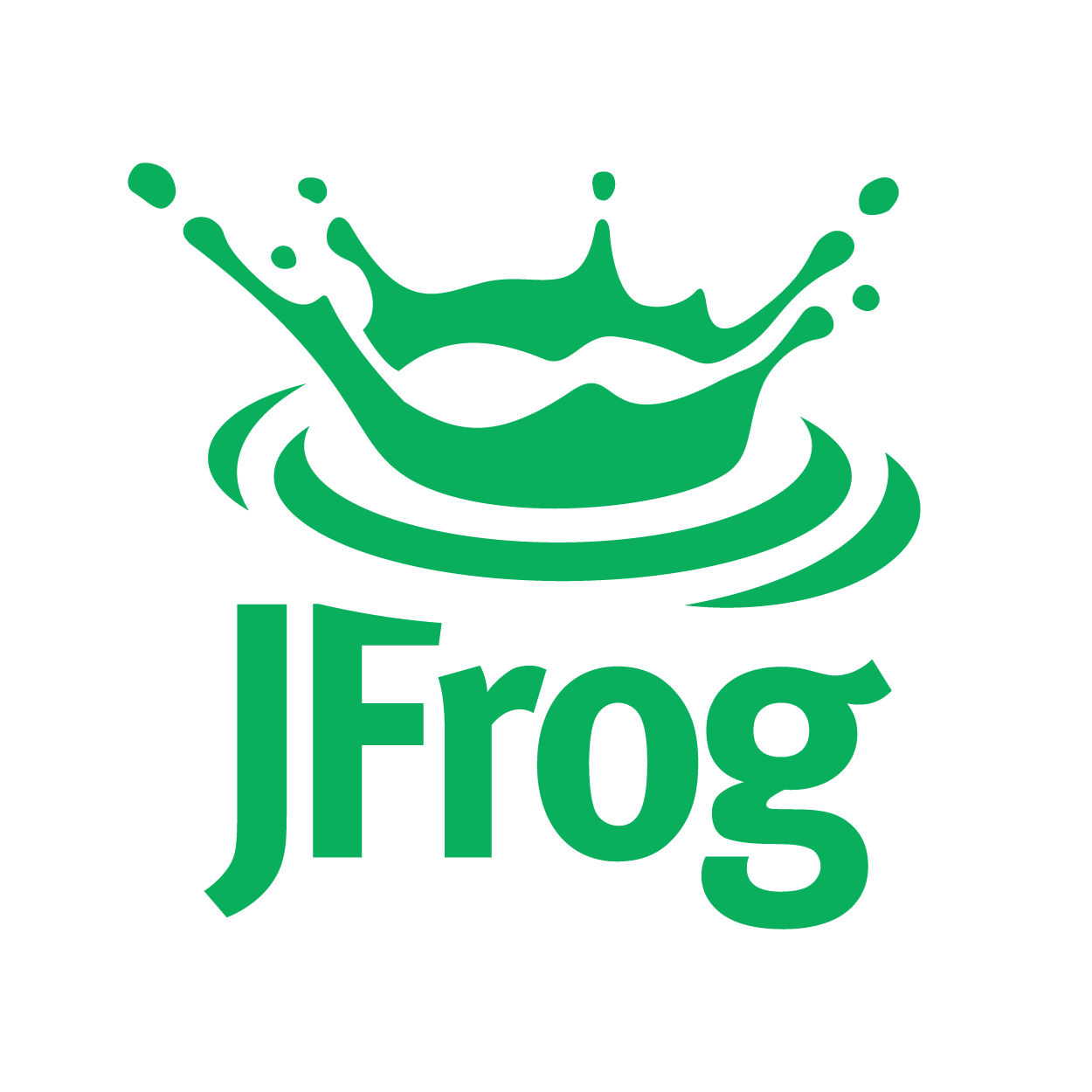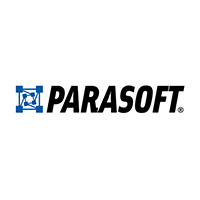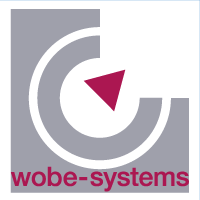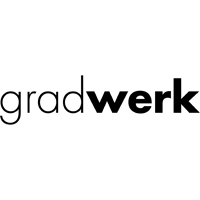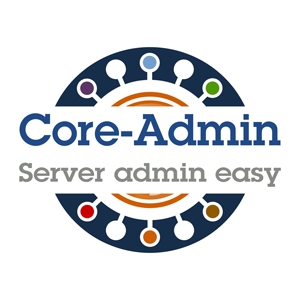devopsdays Kiel - program
Thursday May,12th 2016
Opening Welcome
Dr. Ulf Kämpfer, Mayor of the City of Kiel
Werner Kässens (KiWi)
Dr. Inge Schröder (Wissenschaftszentrum)
Moderation:
Sabine Bernecker-Bendixen
Oliver Siebenmarck
From 0 to DevOps - Coping with Continuous Delivery to the Cloud
Jan-Joost Bouwman
Rafael Ördög
Marta Paciorkowska
Open Space #1
Open Space #2
Open Space #3
Friday May,13th 2016
Moderation:
Sabine Bernecker-Bendixen
Bianca Heinemann
Baruch Sadogursky
Philipp Krenn
Jorge Salamero Sanz
Felix Willnecker/André van Hoorn
Scalable & clean build environments with Jenkins and Docker
Stefan Kahlhöfer
Praise the "overwrite" - Why boring approaches are awesome!
Florian Sellmayr
Open Space #4
Moderation:
Maik Wojcieszak
Sabine Bernecker-Bendixen
Talk descriptions and Speaker bios
From 0 to DevOps - Coping with Continuous Delivery to the Cloud by Oliver Siebenmarck
"Hey, we're doing this really cool new platform and it will be run in the cloud. The team is international and everything will be DevOps. Interested?" "Sure!"
And so, a tale of woe begins. Not because DevOps is hard, but because it has to be learned to be done right. By the young talents as well as the old guard. Mistakes were made, misunderstandings were common, shouting matches only avoided by the low quality of some telephone lines. So, how come that in the end it all worked out? That people like each other, that everyone kept their sanity and that the portal went live in time and with good quality.
This talk will give a detailed report on the lessons learned by a diverse project team that tried to do everything right while keeping deadlines. Insights include managing a geographically diverse team, when to use automation and how to make sure that tech and people play nice.
Speaker
Oliver happily works as a consultant for IBM, with a focus on all topics cloud and innovation in IT. He has a keen interest in application lifecycle management and the question of how people can best work together on a project. Oliver lives and codes in Kiel, Germany.
ITIL and DevOps can be friends by Jan-Joost Bouwman
ING is a worldwide financial institution, based in the Netherlands. The IT department of the Netherlands manages a mix of off the shelf applications and in house built software. Traditionally development was governed by CMMi and IT Servicemanagement by ITIL processes. Three years ago the developers started working in Agile/Scrum teams, dropping CMMi. The next step was to involve Operations as well and transform to an DevOps organisation, striving for Continuous Delivery.
In a lot of Agile organisations ITIL is considered the evil soul sucking epiphany of bureaucracy. But is it really? If we look at the tasks you perform in the ITIL processes Incident management, Problem management and Change management, you will find that a lot of those you still need to perform in an Agile/Scrum way of work. And that there actually is a lot of value in making some rules on how we want to interact in these processes between teams. But we may call the task differently than we were used to in ITIL. And we may choose to use different tools to handle parts of the process. We call this adaptation of ITIL Agile ITSM.
This talk focuses on the adaptations we have made to our ITSM processes to accommodate the requirements of an Agile/Scrum way of work. Proving that there is still value in a lot of the things we used to do in ITIL And that there is no real conflict between Agile and ITIL.
Speaker
Jan-Joost stumbled into IT almost 20 years ago, starting on a temp job for 5 days that lasted 7 years. During those years he has been mostly on the functional/process side of things, having worked as tester, designer, information analyst, project manager, application manager, change manager and currently as process owner the ITIL change management process at ING.
He is also the self appointed DevOps evangelist and community leader there, trying to help his co-workers to make the transition to DevOps and Continuous Delivery and have fun with it at the same time!
In his spare time he enjoys travelling the world to watch birds, or cooking, but rarely at the same time.
Continuous Testing for DevOps: Evolving Beyond Automation by Wayne Ariola
Attend this session to learn why and how Continuous Testing's real-time objective assessment of an application's business risks is a critical component of DevOps:
Throughout the process, business stakeholders have instant access to feedback on whether their expectations are being met, enabling them to make informed decisions.
At the time of the critical "go/no go" decision, there is an instant, objective assessment of whether your organization's specific expectations are satisfied--reducing the business risk of a fully-automated Continuous Delivery process.
Defects are eliminated at the point when they are easiest, fastest, and least costly to fix--a prime principle of being "lean."
Continuous measurement vs. key metrics means continuous feedback, which can be shared and used to refine the process.
Speaker
Wayne Ariola, Chief Strategy Officer, leads the development and execution of Parasoft's long-term strategy. Ariola is a frequent contributor to publications as well as a sought-after speaker at key industry events. Ariola brings more than 20 years strategic consulting experience within the technology and software development industries.
Learning to fall by Rafael Ördög
When people talk about advantages of microservices, easy scaling and resilience comes up frequently. What they don't usually tell you, is that robustness does not come for free. If you don't put extra effort into gracefully failing when one of your dependencies is down, microservices will only make your system even more brittle.
In my presentation I will recount our journey from an instabile monolith to a robust set of microservices with a special focus on architectural patterns that helped us along the way.
Speaker
Rafael is a Lead Developer at Budapest-based Emarsys and popular speaker in the Hungarian software community. As a founding member of Emarsys CraftLab - the dedicated coaching team of Emarsys - he has taught university courses and lectured at numerous conferences. His passion for short feedback loops drove him to create Lean Poker, a workshop where developers have the opportunity to experiment with continuous delivery in an artificial environment.
War Games - flight training for DevOps by Jorge Salamero Sanz
Here @ Server Density we monitor 100.000+ servers processing 2B metrics a day. Downtime is critical for us, that's why we keep training to react to incidents. We organize our internal War Games were all engineers practice the processes involved in incident handling. We have seen how this improves the associated human factors, our processes and our tools.
Speaker
Jorge co-founded Zentyal, a successful open source Exchange protocol interoperability company. He now drives Server Density evangelism, showing potential customers and community members best practices adopting DevOps practices and monitoring their infrastructure. When he's not writing monitoring plugins he's enjoying walks with his 2 dogs across the countryside.
Keep it simple, stupid! (A reminder to myself and a surprisingly accurate analogy to how (not) to build sustainable systems) by Moritz Rogalli
The journey of how the idea of a simple personal blog turned into an unmanageable and expensive system, its similarities to unsustainable systems on a bigger scale and the importance of going back to square one.
Speaker
Moritz works as consultant at Init AB currently mainly working on building easily accessible (and simple) infrastructure systems and an interest in how to build strong and diverse teams and including environments.
The Challenges of Adopting DevOps by Bianca Heinemann
A lot of companies underestimate the amount of change that adopting DevOps brings to the organization. What are the challenges for a company going DevOps? What should be expected in the realms of tools, methods and even culture? This presentation will try to shed some light on what is going to happen after someone says, "Let's do this DevOps thing.
Speaker
Bianca started her career and still works at IBM as a consultant and business analyst after finishing her master's degree in business computing. She helps various companies setting up and managing their software lifecycle projects. Her focus is on the interplay of humans, the tools they use and the methods they use to organize themselves.
Docker Container Lifecycles - Problem or Opportunity? by Baruch Sadogursky
Docker is hot. However, as Docker container use spreads into more mature production pipelines, there can be issues about control of Docker images to ensure they are production-ready. Is a promotion-based model appropriate to control and track the flow of Docker images from development to production? We will demonstrate how to implement a promotion model for docker images, and then show how to distribute them to any kind of consumer, being it a customer or a data center.
Speaker
Baruch Sadogursky (a.k.a JBaruch) is the Developer Advocate of JFrog, the home of Artifactory - the Universal Artifact Repository, and Bintray - the Universal Distribution Hub.
For a living he hangs out with the JFrog tech leaders, writes some code around Artifactory and Bintray, and then speaks and blogs about all that. He does it repeatedly for the last dozen of years and enjoys every moment of it.
Rethinking Performance Engineering in the DevOps World by Felix Willnecker/André van Hoorn
Researchers and practitioners know quite well how to handle performance in classical environments involving a strict separation between Dev and Ops. DevOps aims to merge these silos. So far, the community has failed to systematically integrate performance management practices into the DevOps world, even though modern software development paradigms provide great opportunities to do that. Only holistic performance management, integrating Dev and Ops throughout the whole life-cycle, leads to high-quality software.
We have developed a blueprint for performance-aware DevOps processes and infrastructures, serving as a template for holistic performance management. The design rationale for this blueprint has been accompanied by an industry survey ascertaining current practices and tools. The blueprint is a result of a joint work by multiple institutions. This talk will outline the blueprint and give the opportunity to exchange views among DevOps-enthusiastic researchers and practitioners.
Speaker
Felix Willnecker studied computer science at the Technical University Munich. After several years of professional work experience as CTO of Weptun GmbH he started researching at fortiss. His research areas include application system performance and enterprise architecture management.
Andre van Hoorn is the interim professor for Reliable Software Systems at the University of Stuttgart. His research interests include combining model-based and measurement-based performance evaluation.
Working in and with Open Source Communities by Bernd Erk
Starting an open source project is very easy, especially in the days of GitHub. Push your code and see if somebody is interested in. If you are able to gain attention and interest for you project you feel motivated and work all night long. But on the other hand, people will start complaining about open bugs, missing features and your evil or non existing website. Believe it or not, but this will pursue you until your last user dies.
One of the most important things for a successful open source project is to treat you community well. This talk will share some experiences made during the last 6 years with Icinga. Starting with basic concepts, it deals with tools and methods helping to increase and cultivate your community. It also covers internal organisation requirements for successful community work and upcoming challenges if you strike some new paths with your project.
Speaker
Bernd Erk is co-founder and community manager of the Icinga Project.
In his day job he is CEO at NETWAYS, a German open source service company. As contributor to Linux Magazine and Admin Magazine, Bernd regularly publishes articles and presents on open source topics ranging from monitoring, configuration management to various open source datacenter solutions. He tries to spread the DevOps spirit wherever and whenever possible.
Scalable and clean build environments with Jenkins and Docker by Stefan Kahlhöfer
By combining Jenkins CI server and Docker application containers you can provide dynamically created build environments that are free of old build fragments. There is not only one way to realize such scenario and we will show you three of them we have tried.
Speaker
Stefan supports teams in a variety of activities, with a strong understanding of both operational and development aspects. These activities range from setting and maintaining customer development environments and tools to acting as Agile Coach.
The (Un)Surprising Truth About DevOps Culture by Manuel Pais
<irony>Yes, this talk will tell you about all the right practices you need to adopt to become a successful DevOps organization!</>
<bummer>DevOps is highly contextual, there is no set of prescribed practices an enterprise can pick up and "become DevOps".</>
However, healthy organizations exhibit similar organizational and behavioral patterns that help them continuously learn and become better places to work while outperforming competitors.
In this talk we explore some of those patterns, why they might help in certain contexts while they might hurt in others.
We will also look at some surprising results from community-driven research on which practices contribute the most towards an environment of collaboration, sharing and ownership (of both successes and failures). In other words, what moves the needle towards DevOps? Is it infrastructure-as-code? Devs on-call? Blameless post-mortems?
Attend this ignite talk and get ready to be surprised!
SpeakerManuel Pais is a DevOps advocate, with a mixed background as developer, build manager and QA lead. Jack of all trades, master of continuous improvement, Manuel enjoys helping organizations adopt test automation, continuous delivery and cloud, from both technical and human perspectives. He has worked on a range of technologies (Java, .Net, web, mobile) and industries (banking, telecom, defense and aviation).
Collect all the things with Beats
The ELK stack is widely used to collect logs with Logstash, analyze and search the data with Elasticsearch, and visualize what is happening in your system. Now there is a new platform for shipping many types of operational data: Beats. It can be used to collect, parse, and ship any type of data.
This talk provides an overview of the Beats platform and dives into gathering system metrics, tapping your wire data, and using real-time file analytics. Finally, we take a look at building custom data shippers to get a complete overview of your infrastructure.
SpeakerPhilipp is a Developer Advocate at Elastic, spreading the love and knowledge of full-text search, analytics, and real-time data. He is a frequent speaker at conferences and meetups about all things Elasticsearch, databases, cloud computing, and devops. Philipp lives in Vienna where he enjoys experimenting with software, organizing meetups, and sports.
DevOps and sharing
Tools aren't everything in DevOps, DevOps is also - if not mostly - about people. That's a truism... or is it? Even the best tools won't help you when you've got years of valuable knowledge stuck in the heads of long-term employees. Once you start digging, you'll be surprised how much of that knowledge is creating unnecessary bottlenecks. Some of your team mates even end up re-inventing the wheel. Don't be surprised if a lot of your time spent on restructuring an organization focuses on running from desk to desk and taking notes!
In this talk we will look into the whys and hows of using so-called people skills. Why are they so important to maintain a healthy company culture? How can we facilitate sharing?
SpeakerMarta is an activist/project manager turned programming enthusiast. Currently she holds the position of DevOps Heroine at Acrolinx, where she makes sure developers work seamlessly, but mostly she works on redisigning the company's build infrastructure. Sche actively supports initiatives that make the tech community more inclusive, An occasional Rails Girls coach, she's a fan of Chef, alleycats and pizza.
Praise the "overwrite" - Why boring approaches are awesome!
A small practical story about building better systems with simple approaches.
SpeakerFlorian Sellmayr is a consultant with ThoughtWorks in Hamburg, working in Software Development and Platform Engineering. He focuses on continuous delivery of large scale, critical software projects. He contributes to Open Source projects and is the maintainer of LambdaCD, a toolbox to create build pipelines in Clojure code.
